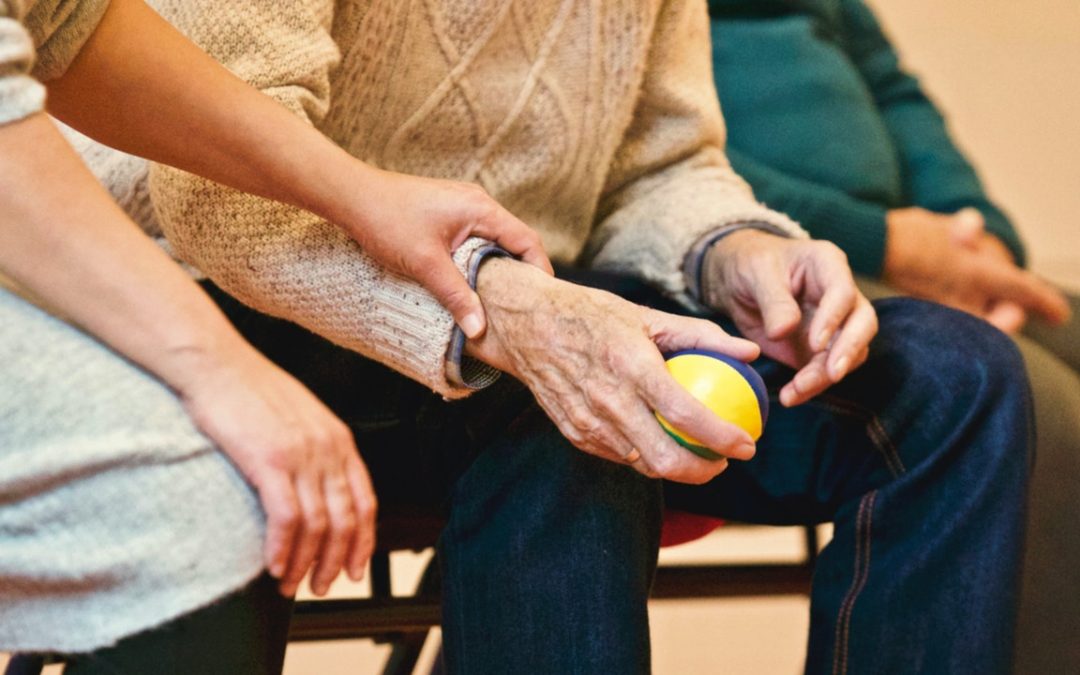It’s been four and a half months since the US started quarantine for the dreaded Coronavirus. For so many, learning to adapt to the shut down has been an inconvenience, while for countless others, it has taken away their way of earning a living, socialization, and even means for exercising. For elderly persons who were living alone, the shut down has brought about an increase in both anxiety and depression.
As a therapist who works with many clients over the age of 65, there has been a significant change in both clients’ fear of contracting the illness, as well as the impact the isolation has brought to them. Retirement was supposed to be their time to travel, to connect with friends, to engage in exercise, social events, and with grandchildren. However, with the fear of contracting COVID-19 as well as all the closures, this minority population has seen a rise in both anxiety and depression.
The grief that already existed for clients after the loss of their spouse of many years has only exacerbated the sense of loneliness. Adult children are trying to protect their elderly parents by appropriately social distancing, yet during this crisis we have lost the awareness of how important touch is. Much research has been done on the importance of touch, and we do know that those who are physically touched on a regular basis experience higher levels of the hormone oxytocin. This lowers stress hormone levels, and by doing so, plays a part in lowering blood pressure, maintaining good moods, and increasing pain tolerances.
Persons over the age of 65 who live alone often don’t experience the simple act of touch on a daily basis. They can become very isolated quickly. Some even struggle to ask for what they need from their adult children who they deem are “entirely too busy to be bothered by their needs.” Remember this when spending time with your loved ones.
Here are some simple and quick tips:
- Wash your hands often and keep your hands away from your face
- Remember that even a touch on the arm or shoulder can have an impact when combined with affirming words
- Limit your engagement with outside contacts so you can spend more time safely with your elderly parents
- When wearing proper protective gear determine what feels most appropriate in terms of touch and then engage within your comfort zone
- Teach your loved ones how to use devices for video chats with family
- Make an effort to show up and set regular times to connect with them rather than waiting for them to ask
- Avoid asking if they need anything versus saying “I’m headed to the store and I’m planning on grabbing ____ for you…what else can I bring you?”


